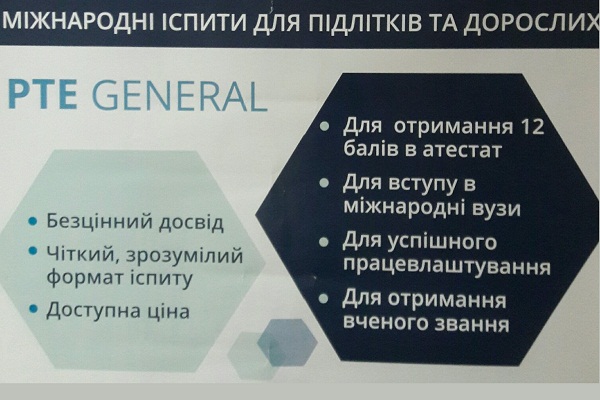The "Studying for the Pearson Test of English General" course runs at the Department of Foreign Languages.
The course's subject modules include thematic, lexical-grammatical and reference parts, which respectively contain a package for training the learners in reading, listening, speaking and writing.
 This week the attendees have learned the subject module "Stories". The thematic part includes mastering the vocabulary, relevant words and phrases on the topics, specifically "And the moral is"; "A life in six words"; "It’s great read"; "Tess of the D’Urbervilles". There are paid attention to the verbs used in stories (whisper, gaze, sigh), sayings (every cloud has a silver lining; once bitten, twice shy); adjectives for stories (amusing, impressive); multi-word verbs (set up, run out, grow up); reading genres (novel, blog, lyrics, poetry). To gain the vocabulary skills the learners were given the information about weak forms, auxiliaries and sentence stress.
This week the attendees have learned the subject module "Stories". The thematic part includes mastering the vocabulary, relevant words and phrases on the topics, specifically "And the moral is"; "A life in six words"; "It’s great read"; "Tess of the D’Urbervilles". There are paid attention to the verbs used in stories (whisper, gaze, sigh), sayings (every cloud has a silver lining; once bitten, twice shy); adjectives for stories (amusing, impressive); multi-word verbs (set up, run out, grow up); reading genres (novel, blog, lyrics, poetry). To gain the vocabulary skills the learners were given the information about weak forms, auxiliaries and sentence stress.
The lexical-grammatical part is focused on doing the various types of exercises, in particular multiple choice, sentence transformations, open cloze, word building, aimed at acquiring speech patterns. To help the learners go into the grammar unit they were given "Narrative tenses"; "I wish, if only"; "Expressing likes and dislikes".
The reference part consists of reading stories with a moral, a humorous story about a saying, reading about the life of an extraordinary woman and reading the summary of a book.
Listening and training films screening as part of any teaching / learning tool kit include listening to a BBC radio program about short stories, listening to people recommending books, watching a BBC drama: Tess of the D’Urbervilles.
The speaking and writing package concerns telling anecdotes, talking about life stories, talking about their reading; summarizing a plot, describing a TV/film scene, writing a narrative; using adverbs; describing a TV/film scene etc.
At the close of the subject module "Stories" our students are tested (Quick Revision). The short assessments give the teachers a valuable information about the learners' performance at different specific points of t



